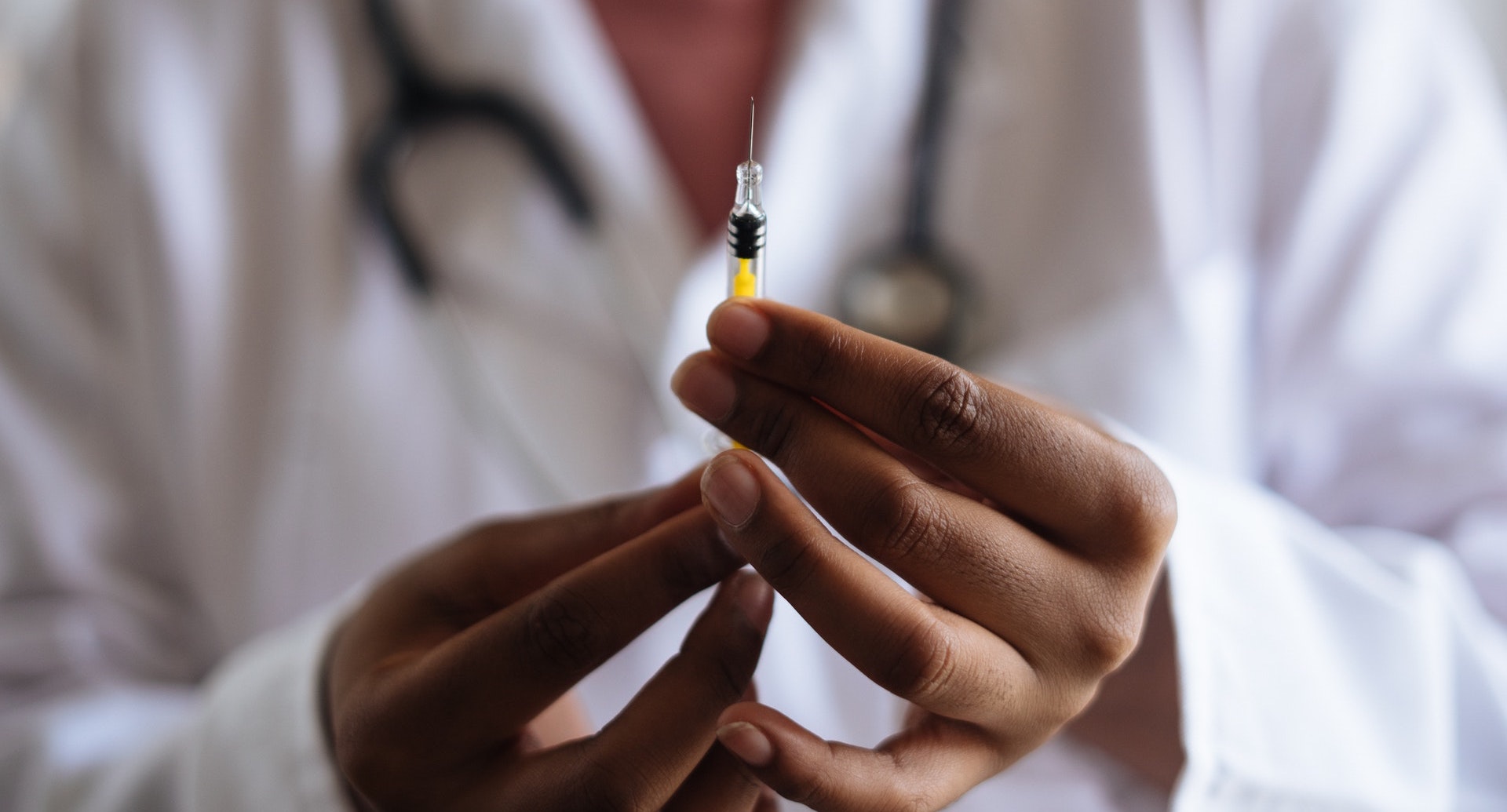
Data Updates
| High-income country confirmed dose total: | 3.9 billion |
| Upper-middle-income country total: | 1 billion |
| Lower-middle-income country total: | 1.8 billion |
| Low-income country total: | 0 |
| COVAX total: | 700 million |
| Total worldwide confirmed purchases of Covid-19 vaccines: | 7.4 billion doses |
Weekly Insights and Interesting Trends
What are the latest developments with vaccines developed in Russia and China?
We are frequently asked why some data about vaccines purchased by Russia and China appear to be missing from our data. The answer is because both countries control largely state-owned vaccine development and manufacturing chains, and, in part because of this, are notably less transparent than some other countries about advance purchases for domestic use as well as exports.
Our dataset includes publicly announced purchases of vaccine candidates. For nearly all countries, purchases of vaccines (even those developed within the purchasing country) are announced through press releases and global media channels. For example, if the US government wants Moderna's vaccine, it still has to negotiate a purchase agreement, even though the vaccine is developed (and manufactured) in the US.
Russia (with Sputnik V) and China (with Sinopharm's Beijing-based and Wuhan-based vaccines) appear to be relying primarily on vaccines developed and manufactured through state-owned resources; these may not require a formal or public ‘purchase' by the country in order to ensure domestic supply. And even where they might (CanSino and Sinovac are private companies headquartered in China), domestic purchases may not be registered through a public announcement.
Though they are not yet shown in our data of vaccine purchases, it is likely that both Russia and China have large domestic supplies of vaccine candidates. China announced that it has already vaccinated hundreds of thousands of people with (one of) the state-owned Sinopharm vaccines. Sinovac has vaccinated nearly all of its employees and is selling its CoronvaVac to the public (at $60 USD for two doses) in at least one Chinese city.
Russia announced a mass immunization campaign this week, after more than 100,000 people in the country have already received the Sputnik V vaccination. (This vaccine candidate has received emergency use authorization in Russia but has not completed Phase III trials and robust efficacy data have not yet been shared.) There are questions, however, about whether this campaign will be met with demand from the Russian public.
Both Russia and China have launched aggressive sales campaigns to other countries. Sinopharm's vaccine was famously provided to UAE Prime Minister Mohammed Bin Rashid Al Maktoum and both UAE and Bahrain have since approved general use of the vaccine. Countries in Latin America, South East Asia, and the Middle East have finalized purchases with Chinese vaccines.
Russia has inked deals selling Sputnik V to countries in Eastern Europe, Latin America, South East Asia, North Africa, and the Middle East. Interestingly, Russia's Sputnik V is selling to both private sector pharmacy chains as well as direct to governments, with support from the Russian Direct Investment Fund, the national sovereign wealth fund.
The deals coming out of Russia and China, however, often lack detail and clarity about quantity and expected timing of delivery. We reached out to the Russian Direct Investment Fund for clarity on their claim of 2.4 billion doses (to vaccinate 1.2 billion people) sold worldwide and a representative responded to us by saying that many of these purchases have not been made public.
China (and possibly Russia) may also be looking to import foreign vaccines, though we haven't seen any official purchases yet. At least two leading vaccine candidates, Oxford-AstraZeneca and Pfizer-BioNTech, have partnered with Chinese manufacturers and (if regulatory approval is obtained) will presumably then sell their product directly to China's population through the private sector.
Finally, it is important to recognize the highly dynamic situation with vaccine purchases and deliveries globally, including with China and Russia. We will continue to aggregate publicly available data, augmented with additional private data where accessible, to provide clarity and transparency. Please reach out to us with questions or suggestions on how to continue to improve our efforts.
Interesting Trends
Significant updates, changes, and trends we are seeing this week:
- In encouraging news for global equity, the Asian Development Bank launched a $9 billion effort to help low- and middle-income countries in Asia with vaccine procurement and distribution. This funding will include investment in vaccine infrastructure, such as cold-chain storage, surveillance, and outreach.
- Pfizer/BioNTech had a big week, receiving emergency use authorization in the UK (where vaccination began on Dec 8), the US (vaccinations set to begin on Dec 14), and Canada.
- Mix and match trials: the UK will trial a combination of one dose of the Pfizer vaccine and one dose of the Oxford-AstraZeneca vaccine, while Russia has announced that they will test a combination of Sputnik V with Oxford-AstraZeneca. The Oxford-AstraZeneca vaccine published its Phase III results in the Lancet this week.
- The University of Queensland-CSL vaccine candidate will not move forward, after recipients were found to have antibodies that could interfere with HIV testing. Australia responded by canceling their order and swiftly moving to increase their Oxford-AZ and Novavax orders.
- This week we saw a number of increased orders: In addition to Australia's mentioned above, the US and Switzerland increased their purchased doses with Moderna.
- In the past two weeks, smaller economies have begun to make more purchases, including South Korea, Israel, and Lebanon. The early positive results from leading candidates may have sufficiently de-risked the Covid-19 vaccine landscape, allowing these countries to jump in.
For more information on this research and our findings, please go to
https://launchandscalefaster.org/COVID-19.
